Preview 2022 – New German govt enters decisive energy transition year with high climate ambitions
What to watch in energy & climate in Germany and beyond
Contents
Preview 2022 - What to watch in energy & climate in Germany and beyond
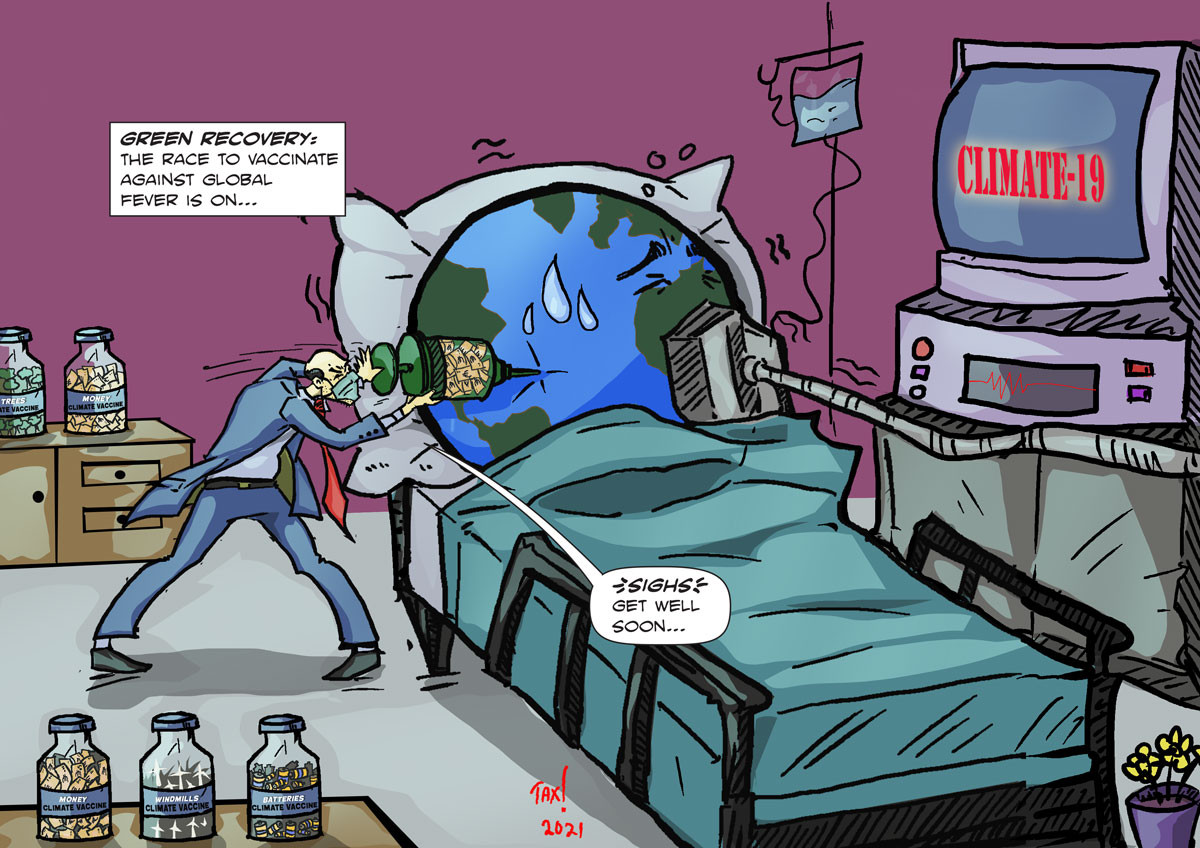
The start of Germany's new government makes 2022 a crucial year for the country's landmark energy transition. All eyes are on the three-way coalition's first steps towards implementing its ambitious climate plans, which include a faster coal exit and a massive expansion of renewable energies. But many other national and international developments are also set to have an important impact on the course of climate action, such as the evolution of the pandemic, EU policy decisions and local events like the opening of the Tesla factory near the capital Berlin. Clean Energy Wire presents an overview of what to watch in 2022 regarding Germany's coal and nuclear phase-out, renewables roll-out, the decarbonisation of transport, industry and many other areas.
Read the article here.
New German govt enters 2022 with no time to lose in race for climate neutrality
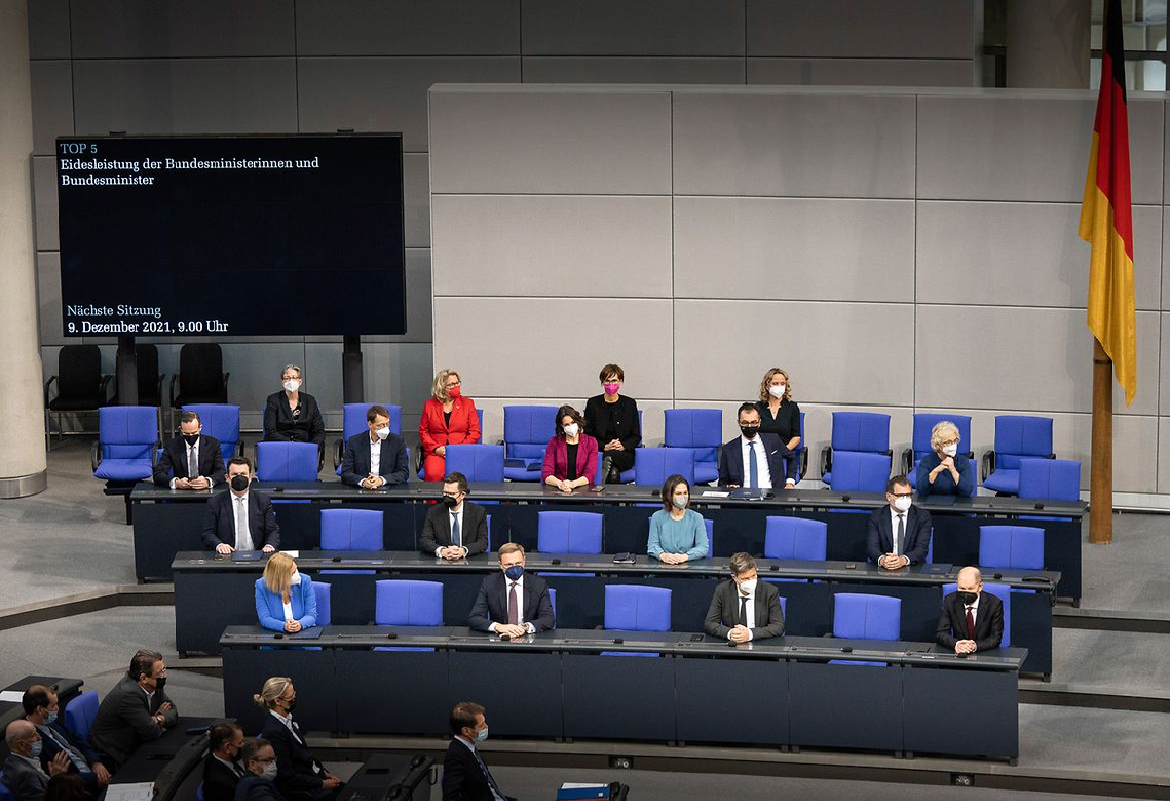
A new German government has started its work shortly before Christmas, kicking off its four-year term with a key promise to make the country ready for its ambitious bid to become climate neutral before the middle of the century. At a time when another expected major wave of the coronavirus pandemic keeps governments around the world busy, the new three-party coalition cannot afford to delay climate action and must initiate legislative changes already in its first 100 days in office. Latest figures show that decisive indicators like energy consumption and renewables growth all point in the wrong direction, suggesting the government faces an uphill battle on the way to its ambitious 2030 climate goals that can only be reached if action across the board is taken immediately, experts say.
Read the article here.
Q&A: Why is Germany phasing out nuclear power and why now?
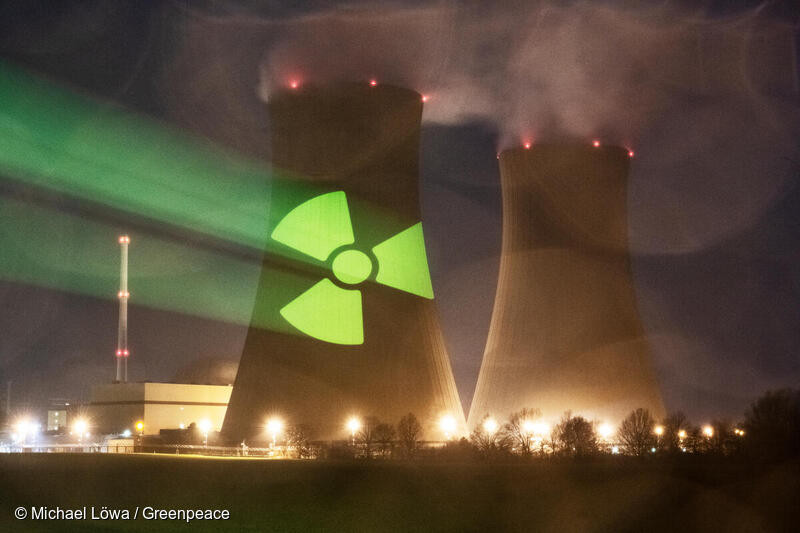
Germany’s energy transition is not only its main means for decarbonising the economy and creating an industrialised nation fed by renewable electricity to reach a 2045 climate neutrality target. The country’s famous Energiewende has also always been marked as an example to other countries of how such a transition is possible. But there is one aspect of it that is widely causing wonder and sometimes disbelieve: the nuclear phase-out. Why, at a time when emissions from fossil energy sources have to be reduced as fast as possible - and renewable energy sources such as wind and solar PV cannot (yet) support the country’s electricity needs – is Germany discontinuing the use of nuclear power, which is low in CO2. What are the reasons, repercussions, and benefits of this and how will it affect the country’s CO2 footprint, energy mix and supply security?
Read the Q&A here and an interview with former energy state secretary Rainer Baake on the nuclear exit here.
Germany to push for international climate club during G7 presidency
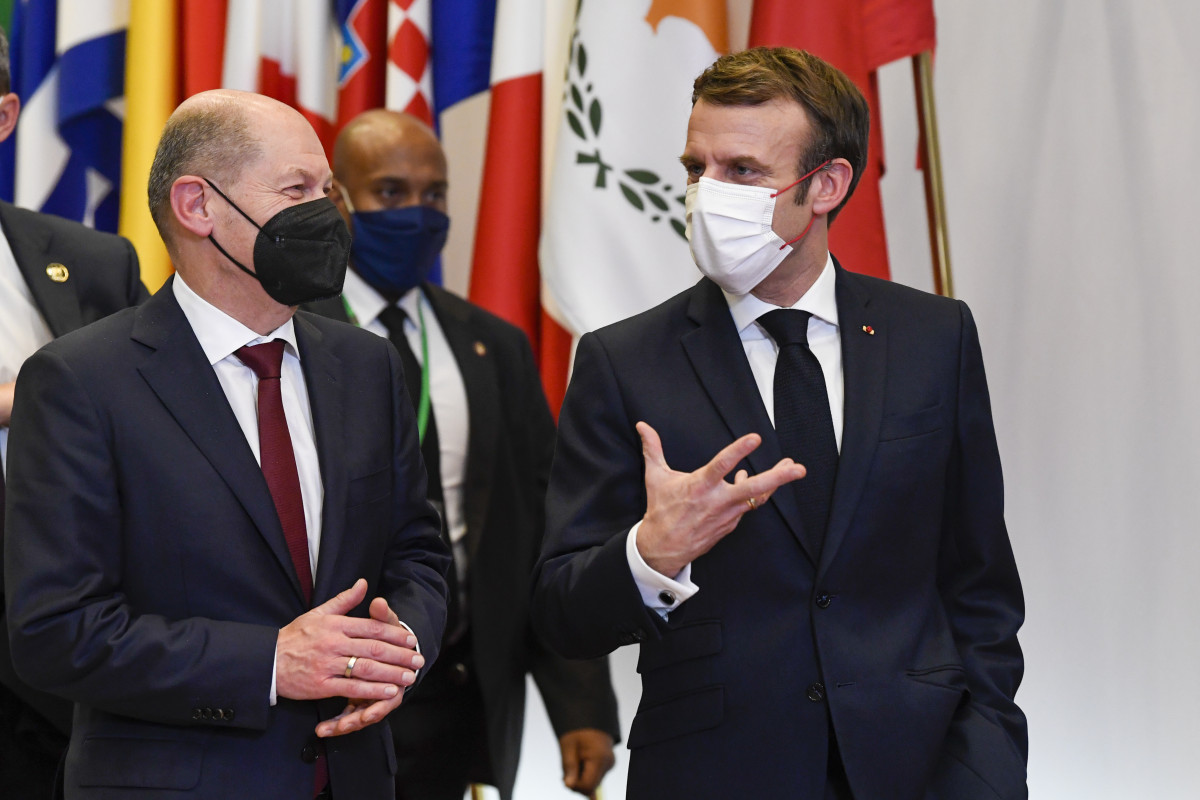
Germany’s new government coalition is set to markedly strengthen the country’s European and international climate policy efforts and use the presidency of the G7 next year to advance the establishment of a global “climate club” and new bilateral “climate partnerships”. The alliance of Social Democrats (SPD), the Green Party and the Free Democrats (FDP) has only just taken office, but the coalition agreement and first minister statements clearly make the case for treating the transition to climate neutrality as a global challenge. To solve it, Germany will be firmly rooted among its European Union partners. In EU negotiations over the coming months and possibly years, the new government says it will support the European Commission’s “Fit for 55” energy and climate legislative proposals to implement the Green Deal. The G7 summit on 26-28 June in Schloss Elmau in the Bavarian Alps could serve as an important stepping stone in the 2022 international climate agenda, which culminates in the UN Climate Change Conference (COP27) in Egypt in November.
Read the article here.
Germany's new climate 'super minister' Habeck must ignite energy transition booster
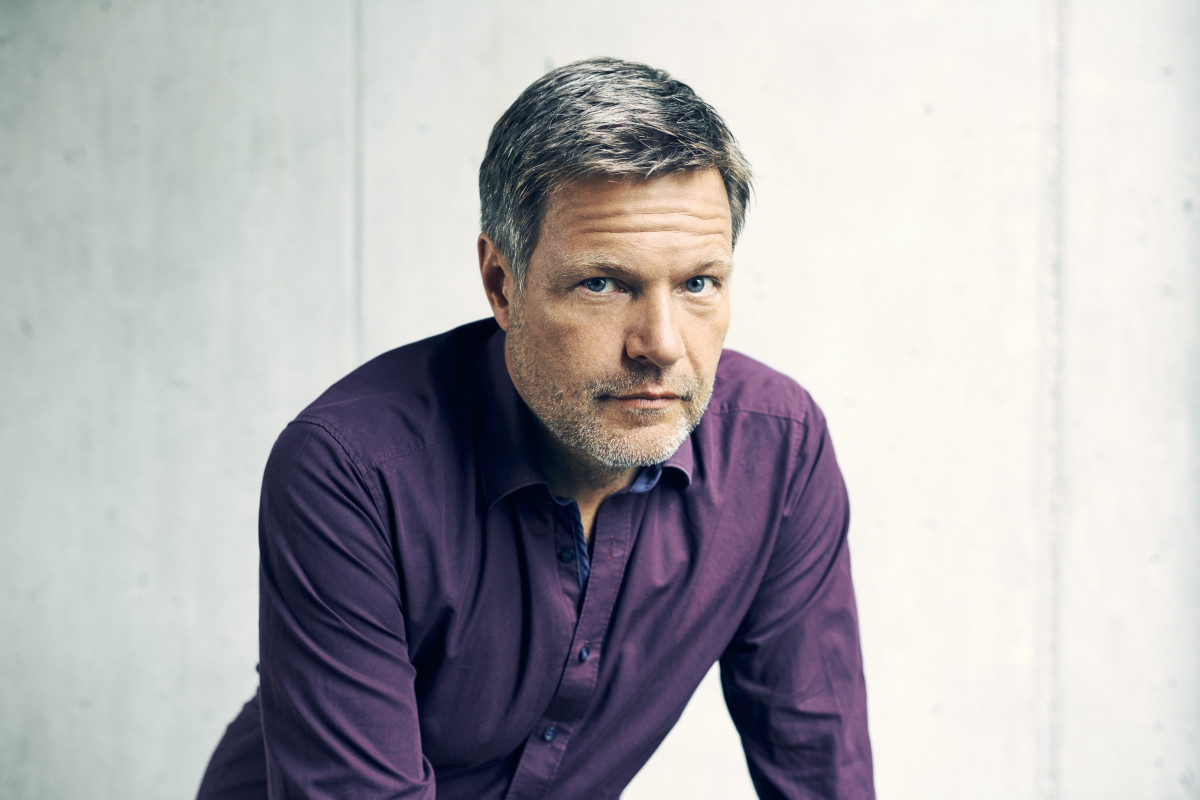
As Germany's first climate "super minister", Green politician Robert Habeck will play a key role in fulfilling the future government's promise to get the country on a path compatible with the 1.5°C global warming limit. The widely popular party co-leader must oversee the translation of the government's lofty emission-cutting ambitions into concrete energy and climate policies. As a gifted communicator and moderator, the 52-year-old can draw from his experience as an energy transition minister in one of Germany's most important wind power states. But mighty challenges await.
Read the article here.
German government push key to kickstarting EU industry decarbonisation

Germany's new government must take rapid policy decisions at home and actively engage at the EU level and beyond to pave the way for urgent emission cuts in energy-intensive industry. The start of the country's government coalition coincides with a particularly sensitive time in EU climate policy, as negotiations over a plethora of emission-cutting initiatives are underway. Industry experts argue that Europe's largest economy has a special responsibility to push for ambitious targets and the instruments needed to reach them at home and abroad, not least because its powerful industry has much to gain from the drive towards climate neutrality. Many industry heavyweights are ready to launch the transition, but still lack the necessary incentives to spend many billions of euros on the pending replacement of ageing and polluting facilities with low-emission alternatives.
Read the analysis here.
Will Germany's new transport minister surprise critics with clean mobility shift?
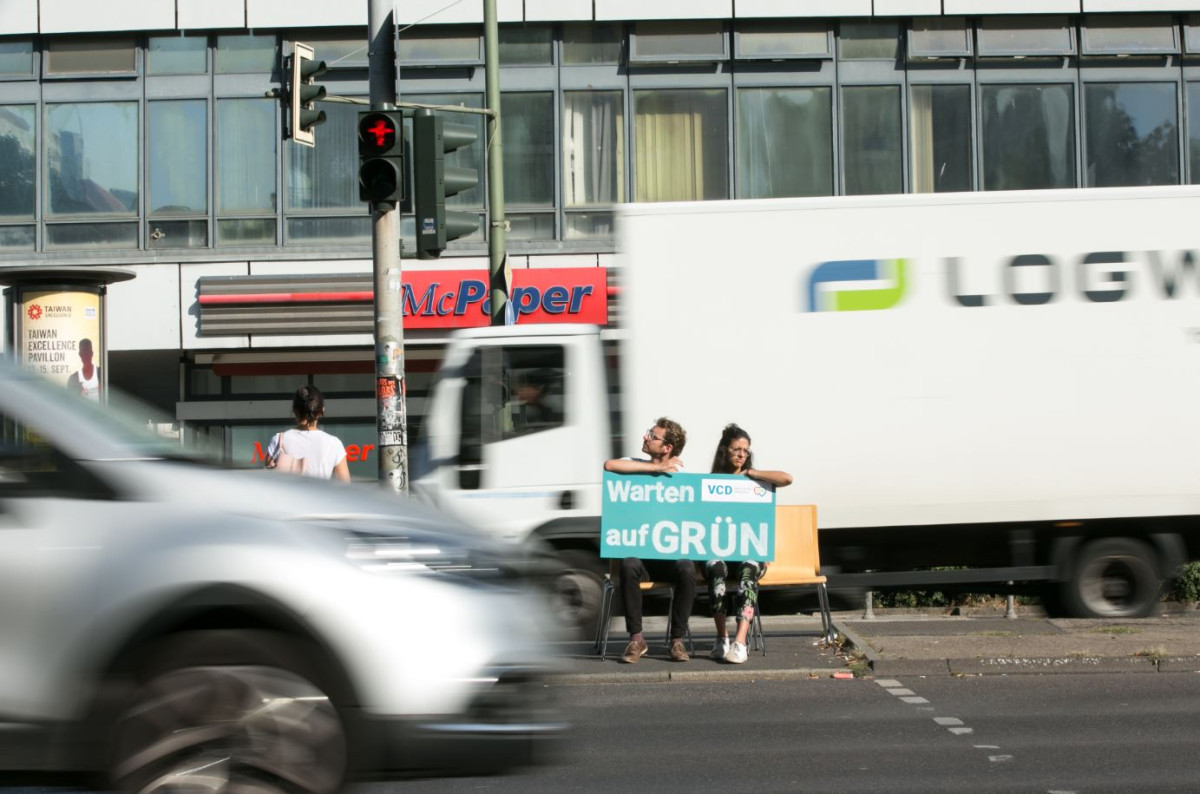
Many environmentalists have already written off sharp transport emission cuts under the next German government after the coalition agreed a treaty that is weak on mobility, and put the pro-business Free Democrats in charge of the ministry. But future transport minister Volker Wissing says that "enormous changes" are necessary – and the vague coalition agreement could give the undogmatic lawyer with experience in the sector the flexibility to implement them. Mobility experts say Wissing deserves a fair chance to accelerate the shift to clean transport, which they insist is a task that will involve the whole government.
Read the article here.
What’s next in Europe? – Timeline of European climate and energy policy
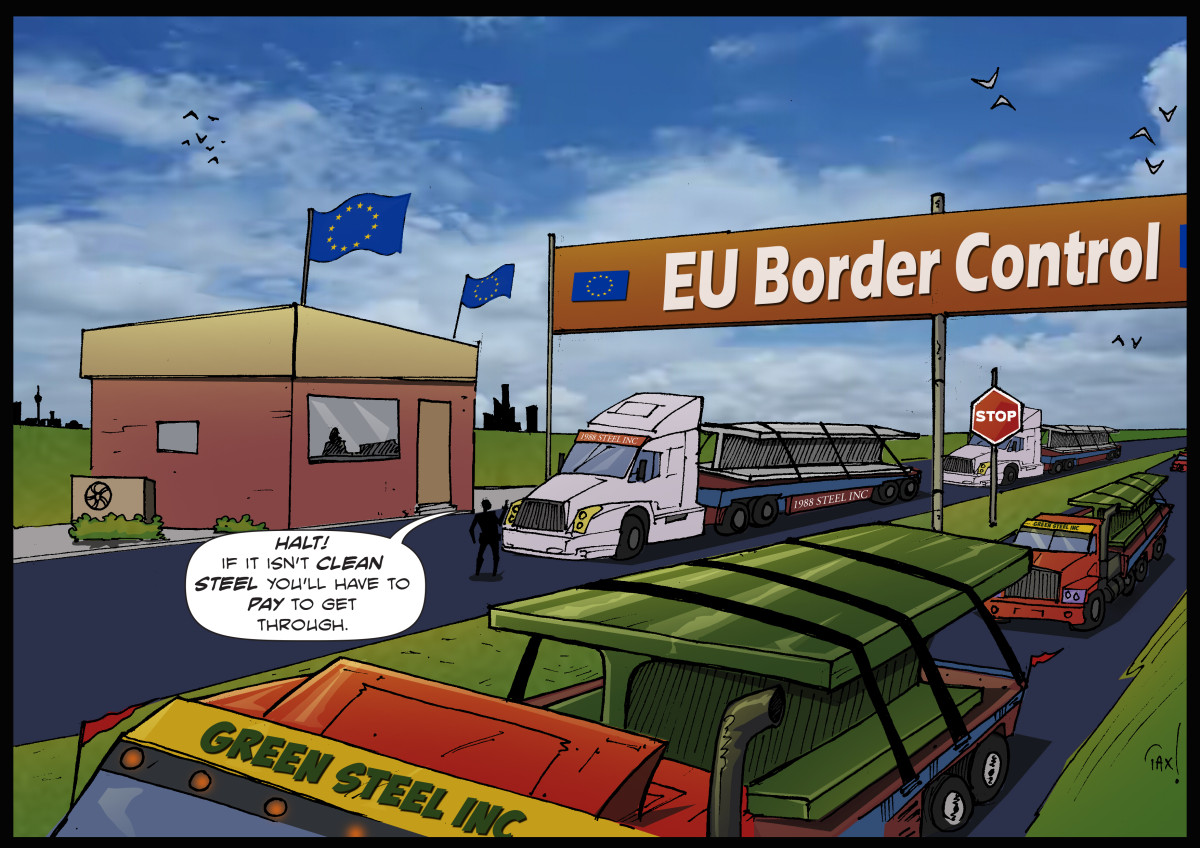
Journalists! Mark your calendars – or rather let us do it for you. Europe is complicated and even journalists from EU member states sometimes struggle to understand how climate and energy policy is made, and when institutions take key decisions. This timeline flags key European energy and climate reporting events and developments and includes concise background information necessary to jump-start your coverage.
You can find more information on European climate and energy events and developments in the European Parliament’s European Green Deal legislative train schedule, in the event calendar of the German Council presidency, and in the Council’s press calendar.
